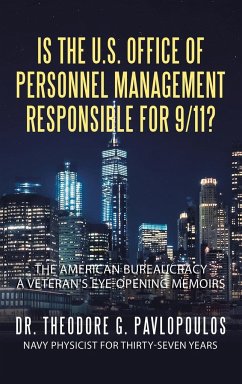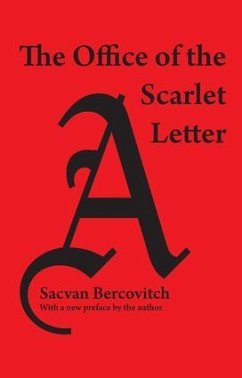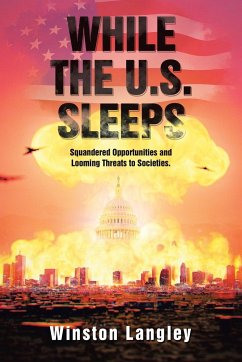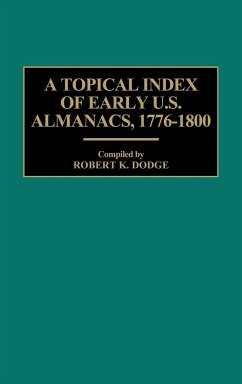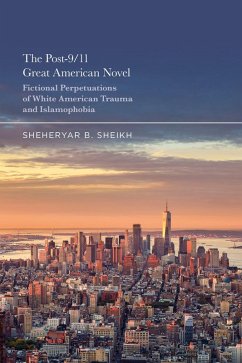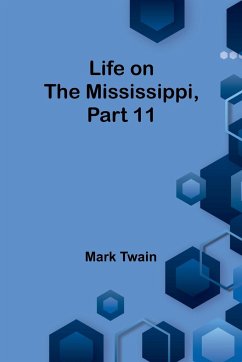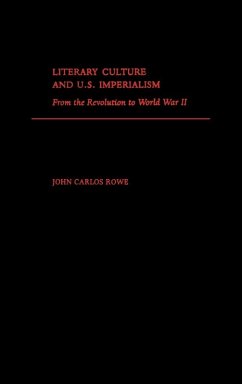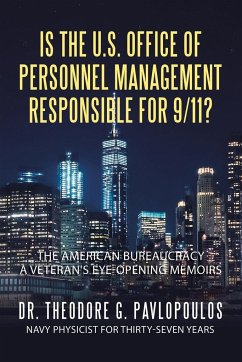
Is the U.S. Office of Personnel Management Responsible for 9/11?
The American Bureaucracy

PAYBACK Punkte
11 °P sammeln!
Could the 9/11 terrorist attack have been prevented? In his eye-opening book, Dr. Theodore G. Pavlopoulos states that the flawed and oppressive personnel system of the federal government opened us up to the September 11, 2001 terrorist attack and continues to threaten American security today. Based on detailed records kept throughout his thirty-seven years as a physicist for the U.S. Navy, Dr. Pavlopoulos shares his experiences that mirror the frustrations and concerns of many government employees. He asserts that the government bureaucracy's crisis level personnel problems will continue to ha...
Could the 9/11 terrorist attack have been prevented? In his eye-opening book, Dr. Theodore G. Pavlopoulos states that the flawed and oppressive personnel system of the federal government opened us up to the September 11, 2001 terrorist attack and continues to threaten American security today. Based on detailed records kept throughout his thirty-seven years as a physicist for the U.S. Navy, Dr. Pavlopoulos shares his experiences that mirror the frustrations and concerns of many government employees. He asserts that the government bureaucracy's crisis level personnel problems will continue to have dramatic consequences for America until we consider proposed solutions, including abolishing the Office of Personnel Management to build an efficient twenty-first century federal workforce.





